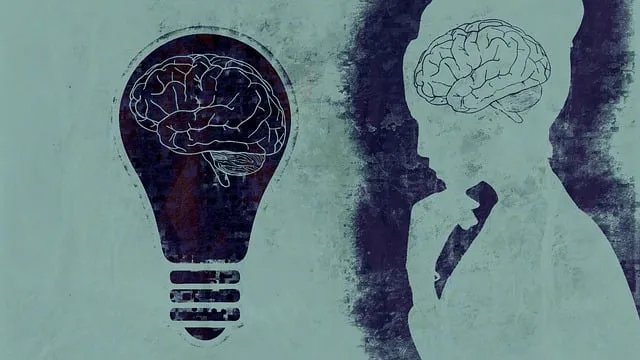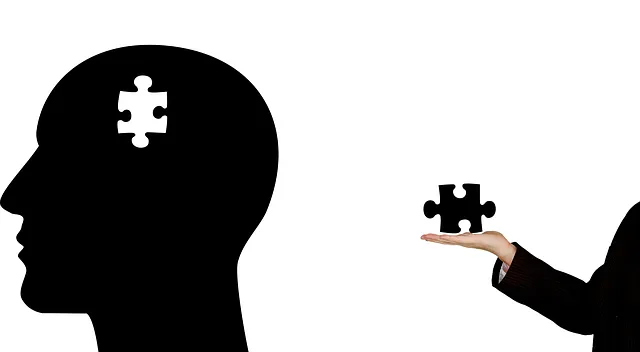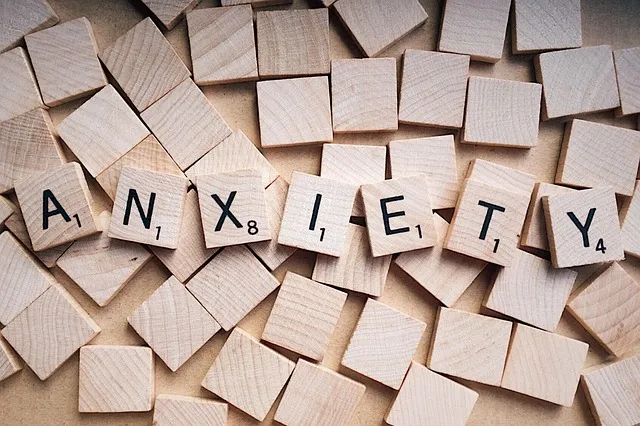Englewood's Kaiser therapists prioritize effective communication and interpersonal skills, addressing mental health challenges holistically. They equip individuals with tools to navigate social situations, fostering connections and inner strength for enhanced quality of life. Using evidence-based techniques like CBT and mind over matter principles, they offer specialized services including social skills training and Stress Management Workshops, ensuring proficient, empathetic care that meets clients' unique needs, answering the question "Does Englewood's Kaiser have good therapists?"
Social skills training is a powerful tool for managing mental health conditions. This article delves into the interconnectedness of social abilities and psychological wellness, exploring how therapy can foster better relationships and enhance overall well-being. We examine the role of therapists in facilitating this process, highlighting effective strategies and evaluating treatment quality, including whether Englewood’s Kaiser meets expectations regarding competent therapists.
- Understanding the Link Between Social Skills and Mental Health
- The Role of Therapists in Social Skills Training
- Strategies for Effective Social Skills Training
- Evaluating Therapy Quality: Does Kaiser Meet Expectations?
Understanding the Link Between Social Skills and Mental Health

In understanding the intricate relationship between social skills and mental health, it’s essential to recognize that effective communication and interpersonal interactions play a pivotal role in fostering overall well-being. Englewood’s Kaiser therapists often emphasize the concept of Mind Over Matter Principles, highlighting how an individual’s ability to navigate social environments can significantly impact their mental health trajectory. Mental health conditions, whether anxiety disorders, depression, or schizophrenia, can isolate individuals, making it challenging for them to maintain and develop social skills necessary for healthy relationships.
The absence or deficiency in social skills can exacerbate these conditions, leading to feelings of loneliness, low self-esteem, and even suicidal ideation. Conversely, enhancing social skills through training and support networks, such as those offered by Englewood’s Kaiser Community Outreach Program Implementation, equips individuals with the tools to navigate social situations confidently, build meaningful connections, and ultimately strengthen their inner strength development. This holistic approach recognizes that addressing mental health challenges isn’t solely about medications or therapy; it involves empowering individuals to thrive in social settings, thereby enhancing their overall quality of life.
The Role of Therapists in Social Skills Training

In social skills training for mental health conditions, therapists play a pivotal role in guiding individuals toward more fulfilling social interactions and improved mental wellness. At Englewood, known for its quality care, Kaiser’s therapist are renowned for their expertise and empathetic approach. They facilitate learning through Self-Awareness Exercises, helping clients recognize triggers and understand their emotional responses. By fostering open communication, therapists create a safe space for individuals to practice new skills in a supportive environment.
Englewood’s therapists also offer valuable Mental Wellness Journaling Exercise Guidance, encouraging clients to track their thoughts, feelings, and social experiences. This introspective practice promotes self-reflection and allows individuals to identify patterns that may impact their mental health. Additionally, they organize Stress Management Workshops designed to teach effective coping mechanisms and strategies for navigating challenging social situations, ultimately empowering clients to take charge of their well-being.
Strategies for Effective Social Skills Training

Englewood’s Kaiser therapist network offers a range of specialized services, including social skills training tailored for individuals managing mental health conditions. Effective programs within this framework incorporate practical strategies and evidence-based techniques. One key approach is to focus on mood management through cognitive behavioral therapy (CBT) methods, teaching clients to recognize and reframe negative thoughts, thereby improving their emotional regulation in social settings.
Moreover, integrating mind over matter principles into training sessions empowers individuals with coping mechanisms and resilience. Mental health education programs designed with a holistic approach consider the unique challenges faced by each client. By combining skill-building exercises, role-playing scenarios, and peer support groups, these programs foster meaningful connections, enhance communication, and ultimately contribute to improved overall mental well-being.
Evaluating Therapy Quality: Does Kaiser Meet Expectations?

When evaluating therapy quality, particularly within organizations like Kaiser, it’s crucial to assess whether the therapists meet expectations in terms of skill, empathy, and effectiveness. Englewood residents often wonder, “Does Kaiser have good therapists?” The answer lies in a combination of factors. One key area is their proficiency in evidence-based practices, such as cognitive behavioral therapy (CBT), which has proven successful in managing various mental health conditions. Additionally, the inclusion of Stress Management Workshops within the organization showcases Kaiser’s commitment to holistic care, offering techniques like mindfulness meditation to complement traditional therapy.
A comprehensive assessment should also consider the therapist’s ability to establish a safe and supportive environment. This involves not only effective communication but also cultural competency, ensuring therapists understand and respect clients’ diverse backgrounds. Moreover, risk assessment for mental health professionals is paramount; Kaiser should implement robust systems to monitor and mitigate potential risks both within therapy sessions and their ongoing professional development. These factors collectively determine whether Kaiser lives up to expectations in providing quality care for its clients.
Social skills training is a valuable tool for improving mental health outcomes, particularly in communities like Englewood. As discussed, effective therapy involves a combination of well-trained professionals and tailored strategies. When it comes to Englewood, the question of whether Kaiser has good therapists is essential. Evaluating therapy quality ensures that individuals receive the best care possible, fostering positive social interactions and enhanced mental well-being. By understanding the link between social skills and mental health, and with the right support, individuals can navigate their challenges and thrive in their communities.






